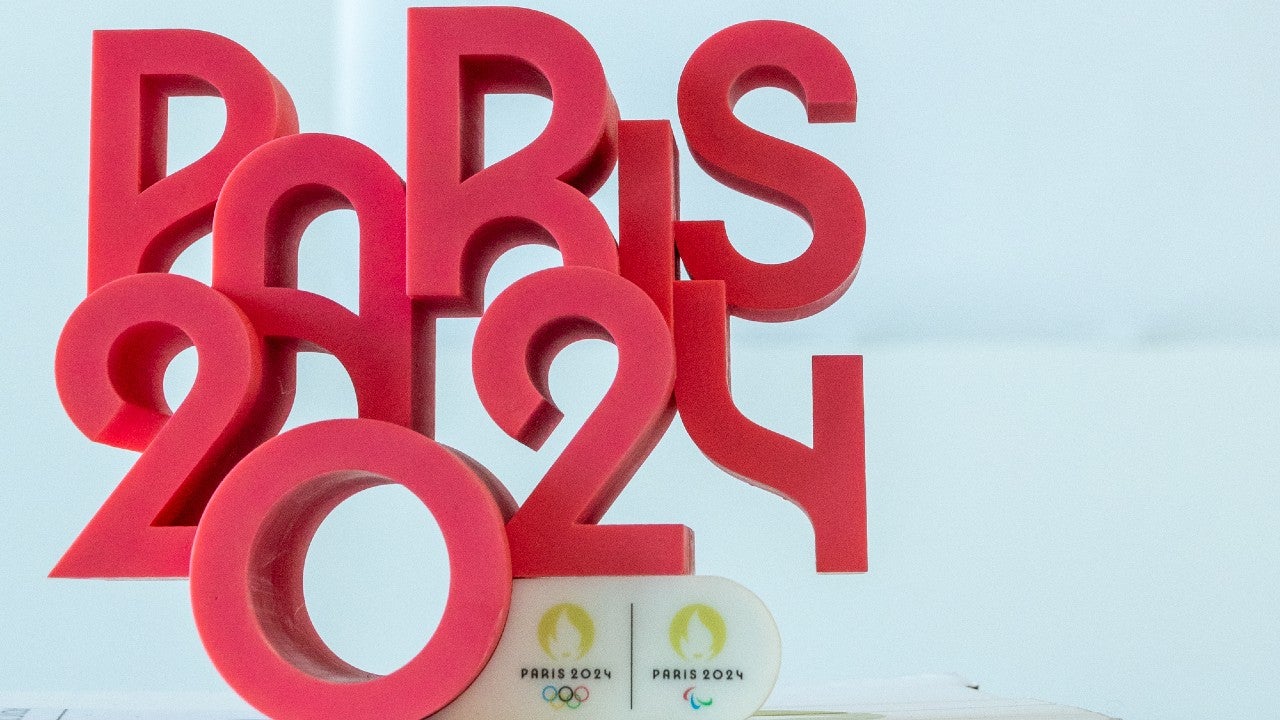
As a sporting competition based around unity and friendship, one of the biggest areas of concern for the Olympics in recent months has been the state of international affairs.
The Russian flag looks set to remain absent throughout the 2024 Paris Games, with the Russian Olympic Committee having been banned for their country’s military actions in Ukraine.
If this was not serious enough, the growing tensions and military fighting on the Gaza Strip between Palestinians and Israelis is a conflict that has divided many around the world.
The size and scale of these conflicts have already been enough for questions to be asked of the International Olympic Committee (IOC) president, Thomas Bach, about the potential of the Paris Olympics being canceled.
Bach has been emphatic and resolute in his response, clearly stating that this is not the right approach despite the conflicts. The Olympic Games has only thrice in its history been canceled – in 1916, 1940, and 1944 – on account of the Great War and World War II.
The reality of the modern world is that sports can never be fully separated from politics. When it comes to the Olympic Games (the biggest sporting competition where all nations of the world compete), this separation becomes even more impossible, and its history tells its own story of how it has struggled to keep the two apart for over a century.
In fact, the tension on the Gaza Strip in 2023 invokes poignant memories from the 1972 Olympic Games where 11 Israeli athletes were taken hostage and killed by Palestinian terrorists.
The size and scale of the Olympics means it is a huge platform for any individual or group to spread messages or ideologies for their cause, and the Israel-Palestine conflict is already one that divides and angers so many. Bach has rightfully already claimed that sport cannot be apolitical but rather reiterated that it must be politically neutral.
However, it seems incomprehensible that athletes or even spectators in attendance can truly abide by this notion. The IOC has already come under mounting pressure in recent years to repeal ‘Rule 50’ of its Olympic Charter.
Athletes have called for greater freedom of expression and free speech after taking the view of feeling heavily censored in the past, as the rule also serves to restrict commercial opportunities for competitors in the biggest sporting moments of their lives.
These calls have already seen the IOC redefine the rule, that athletes may showcase ‘expressions’ if they are in accordance with other Olympic principles. With an inability to silence millions of fans in attendance at the games, spectator disruption and protests offer another serious threat to the peace of the Olympics in 2024.
High-profile sporting events such as Formula 1, the FIFA World Cup, and the Wimbledon Championships have seen record numbers of fan protests in recent years, with the ‘Just Stop Oil’ movement having claimed high levels of disruption.
It would seem only logical that these types of protesters will again target Paris in 2024 to add more voices to their cause.
To further illustrate the sense of strong feeling around the Israel-Palestine conflict and the chance of protests/demonstrations in Paris next year, the city of London had a (Met-police) reported 300,000 people (although potentially as high as 800,000) march in support of Palestine, leading to 126 individual arrests.
Other serious questions around France as hosts derive from stadium accessibility, whereby it has struggled to cope with swarms of spectators trying to enter stadiums at each of its most recent dress rehearsal sporting events.
At both the 2022 UEFA Champions League final and throughout the 2023 Rugby World Cup, the hosts hit the headlines for their inability to get people into stadiums safely and in full numbers.
The failures in the former of these events saw Liverpool FC ticket holders to the 2022 Champions League final refunded as conflicts between fans and police outside the stadium contributed to a 38-minute delay to the start of the game as many fans were inexcusably teargassed by police officials.
Multiple matches at the recent Rugby World Cup were subject to similar poor organization, with thousands of fans missing the start of the matches between England-Argentina and Ireland-Romania in Marseille and Bordeaux, respectively.
It is a serious problem that lingers doubt over France’s ability to cope with major sporting events on this scale and the Olympics is an event that is off the scale in terms of popularity. It has failed its two main dress rehearsals in this capacity, but organizers will be hoping for the 2024 games to be third-time lucky.
Image: Marc Piasecki/Getty Images



